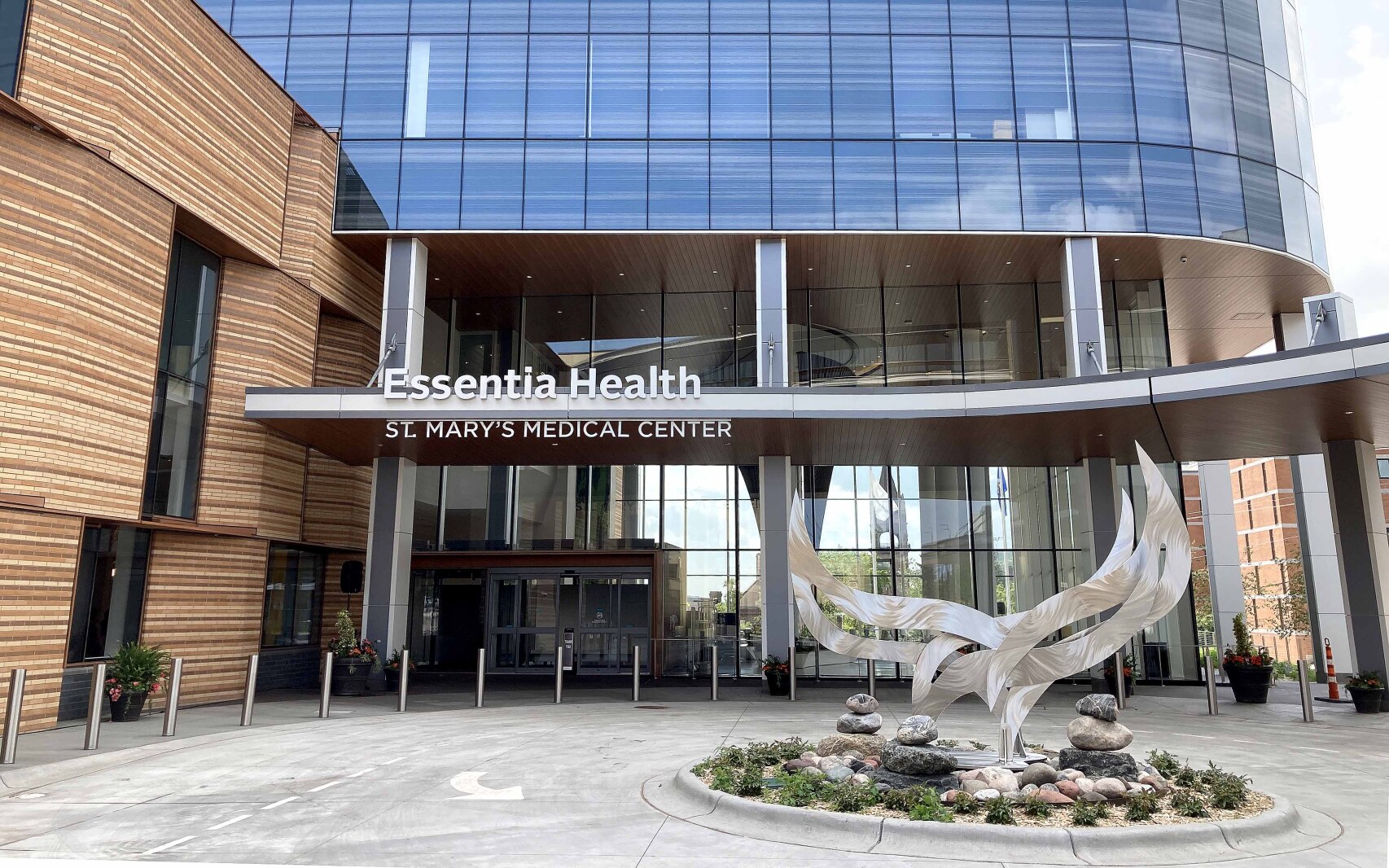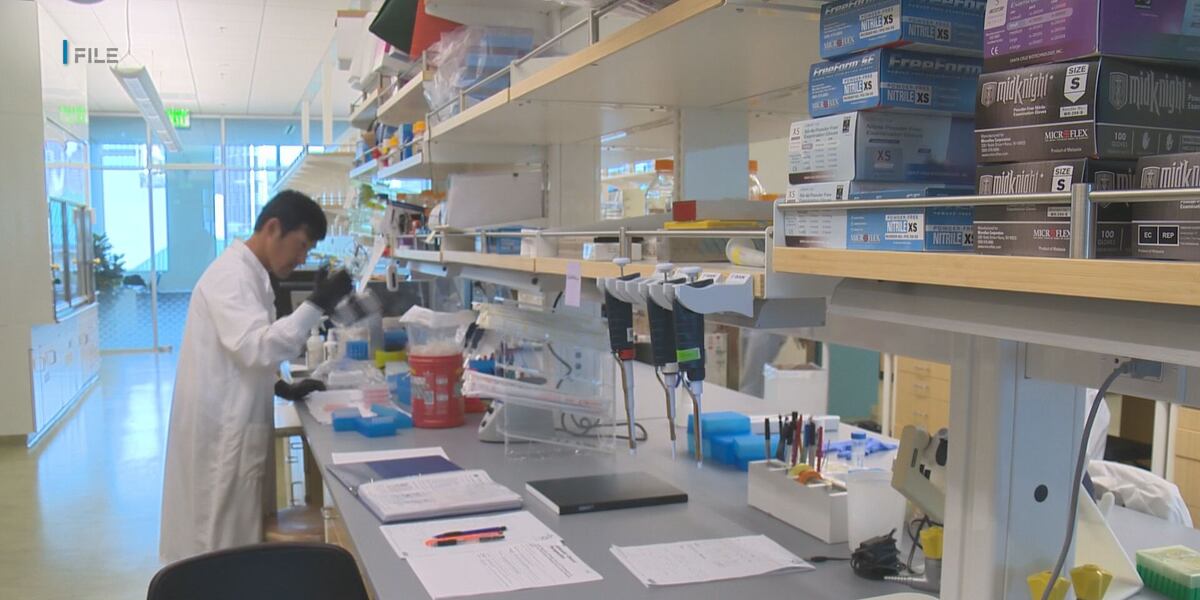Prioritising Your Wellbeing: Mental Health Support After a Crisis in Ireland

Life throws curveballs. Whether it’s a personal emergency, a natural disaster, or a traumatic event, experiencing a crisis can leave you feeling overwhelmed, anxious, and unsure of what to do next. It's crucial to remember that while physical safety is paramount, your mental wellbeing is equally important – both during and in the aftermath of such experiences.
Why Mental Health Matters in Times of Crisis
Crises trigger a surge of stress hormones, disrupting normal brain function and emotional regulation. This can manifest in various ways, including:
- Increased Anxiety and Fear: Feeling constantly on edge, experiencing panic attacks, or struggling to relax.
- Depression and Sadness: Loss of interest in activities, persistent feelings of hopelessness, and difficulty experiencing joy.
- Difficulty Sleeping: Insomnia, nightmares, or restless sleep.
- Changes in Appetite: Significant weight loss or gain due to emotional eating.
- Irritability and Anger: Increased frustration, short temper, and difficulty managing emotions.
Ignoring these signs can lead to long-term mental health issues, hindering recovery and impacting your overall quality of life. Recognising the need for support is a sign of strength, not weakness.
Immediate Steps You Can Take
In the immediate aftermath of a crisis, focusing on self-care is essential. Here are some practical steps you can take:
- Acknowledge Your Feelings: Don't suppress your emotions. Allow yourself to feel sad, angry, or scared. Talking about your experiences with a trusted friend or family member can be incredibly helpful.
- Prioritise Basic Needs: Ensure you’re eating nutritious meals, getting enough sleep (even if it's difficult), and staying hydrated.
- Limit Exposure to News and Social Media: Constant exposure to distressing information can exacerbate anxiety and overwhelm.
- Engage in Relaxing Activities: Even short periods of mindful breathing, gentle exercise, or listening to calming music can make a difference.
Where to Find Support in Ireland
Ireland offers a range of mental health services to support those affected by crises. Here are some valuable resources:
- Samaritans: 116 123 (Freephone, 24/7) – For confidential, non-judgmental support.
- Crisis Text Line: Text “SUPPORT” to 50808 – Provides immediate support via text message.
- Your GP: Your family doctor can provide initial assessment and referrals to mental health professionals.
- Mental Health Ireland: https://www.mentalhealthireland.ie/ – Provides information, resources, and advocacy for mental health.
- ReachOut Ireland: https://ie.reachout.com/ – Offers online resources and support for young people.
- Jigsaw: https://jigsaw.ie/ - Provides free, confidential and non-judgemental support to young people aged 12-25.
Long-Term Recovery
Healing from a crisis takes time. Be patient with yourself and allow yourself to grieve, process, and rebuild. Consider seeking professional help from a therapist or counsellor to develop coping strategies and address any underlying trauma. Remember, seeking help is a courageous step towards regaining control and building a more resilient future.
Don't suffer in silence. Reach out for support. Your wellbeing matters.






